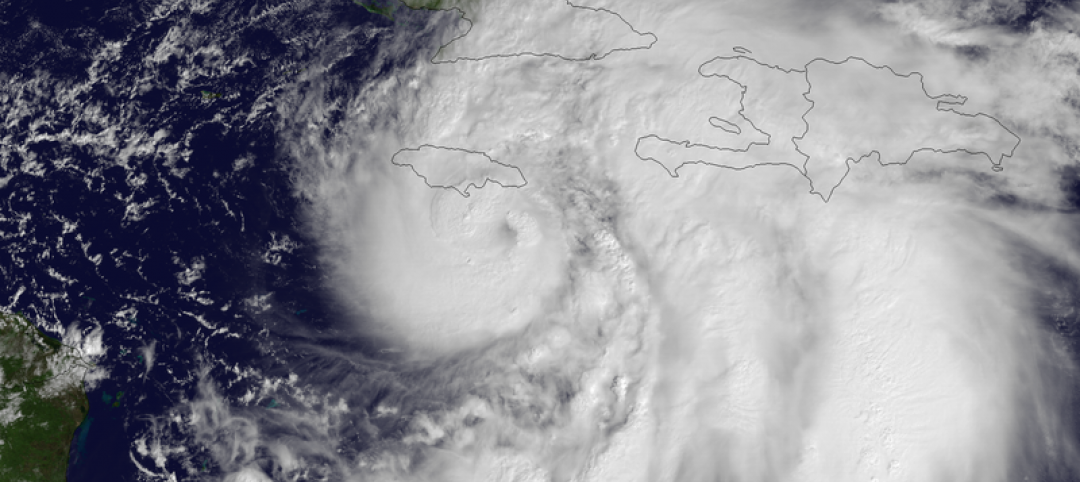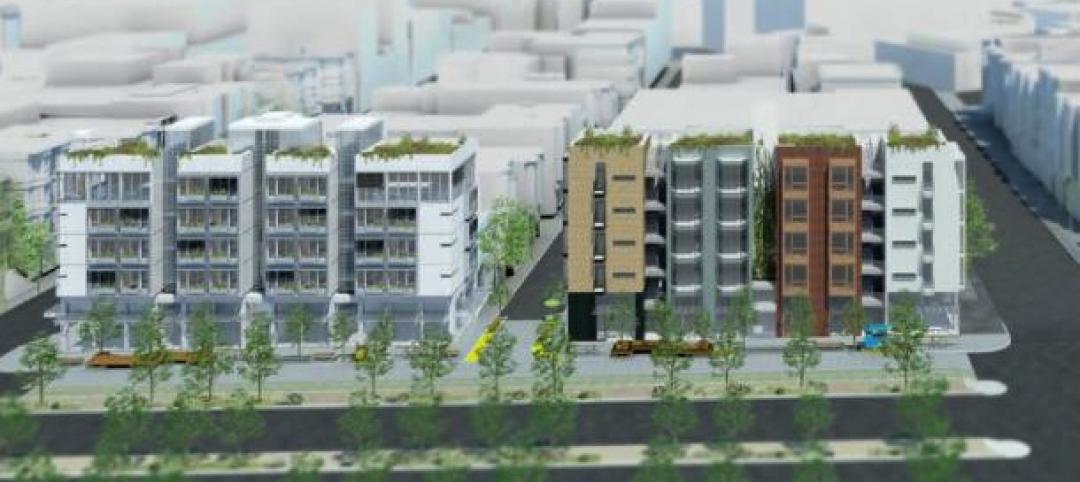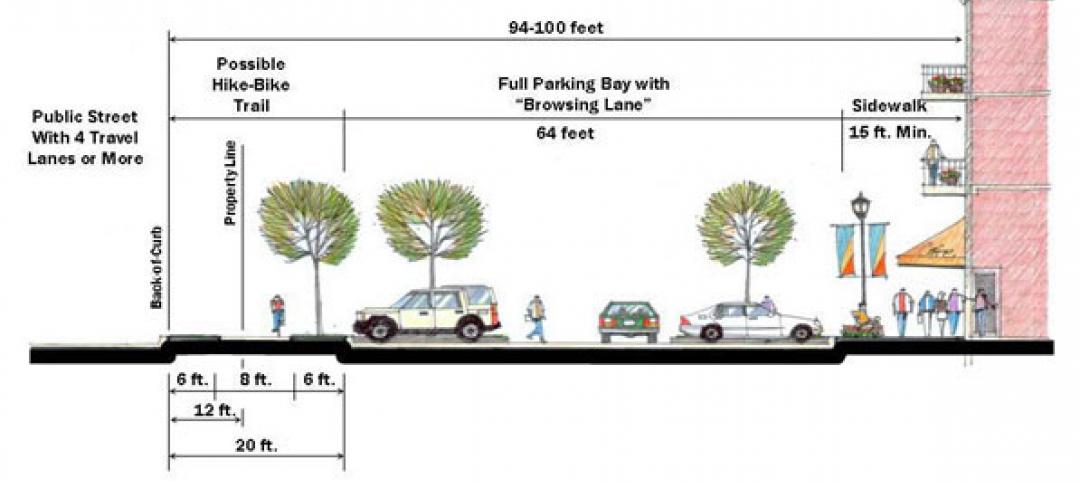Gas and construction industry groups recently moved to dismiss a lawsuit they had filed to block new Washington state building codes that require heat pumps in new residential and commercial construction.
The lawsuit contended that the codes harm the industry groups’ business, interfere with consumer energy choice, and don’t comply with federal law. The dismissal of the lawsuit follows a federal judge’s denial of the plaintiffs’ request to negate the building electrification requirement in the codes.
The lawsuit was filed shortly after a federal appeals court overturned Berkeley, California’s first-in-the-nation ban on gas hookups in new buildings. Berkeley had a different approach to the prohibition of gas in new buildings than the one taken by Washington. Unlike Berkeley, Washington effectively embedded the ban in its building codes by linking it to carbon emissions standards. Berkeley, on the other hand, enacted a sweeping ban on all gas hookups.
Washington’s building code changes passed last year are part of an effort to eliminate greenhouse gas emissions in the state by 2050.
Related Stories
| Oct 9, 2014
Seattle puts restrictions on micro apartments
The Seattle City Council passed new rules that new studio apartments in the city must measure at least 220 sf and contain at least two sinks.
| Oct 9, 2014
Cities get creative with stormwater management
Cities around the world are crafting stormwater management policies that include natural and manmade methods to store and absorb runoff to reduce flooding.
| Sep 29, 2014
10 common deficiencies in aging healthcare facilities
VOA's Douglas King pinpoints the top issues that arise during healthcare facilities assessments, including missing fire/smoke dampers, out-of-place fire alarms, and poorly constructed doorways.
| Sep 23, 2014
Designing with Water: Report analyzes ways coastal cities can cope with flooding
The report contains 12 case studies of cities around the world that have applied advanced flood management techniques.
| Sep 18, 2014
OSHA announces new requirements for reporting deaths and severe injuries
The U.S. Department of Labor's Occupational Safety and Health Administration announced a final rule requiring employers to notify OSHA when an employee is killed on the job or suffers a work-related hospitalization, amputation, or loss of an eye.
| Sep 10, 2014
Perry named new director of OSHA’s Standards and Guidance Directorate
Bill Perry has been named new director of the OSHA’s Directorate of Standards and Guidance, effective Aug. 24, 2014.
| Sep 2, 2014
Micro-apartment concept can’t get traction in Boston suburb
Micro-apartments are gaining acceptance in nearby Boston and in places such as San Francisco and New York, but Weymouth, Mass., officials and neighbors were not receptive to a proposal for tiny dwellings this summer.
| Sep 2, 2014
Construction unions, housing activists press New York mayor on affordable apartment projects
A group of New York City construction unions have joined forces with affordable housing activists to pressure Mayor Bill de Blasio to require organized labor on construction of 80,000 lower-cost apartment units.
| Aug 27, 2014
Requirement for site safety inspectors hampering construction in New York City
New York City’s regulation that requires contractors to hire independent safety inspectors for job sites is holding up projects worth millions of dollars, contractors say.
| Aug 21, 2014
Performance-based zoning: U.S. cities starting to loosen zoning regulations
Driven by New Urbanism, more than two dozen communities in the U.S. have loosened zoning restrictions in recent years.













